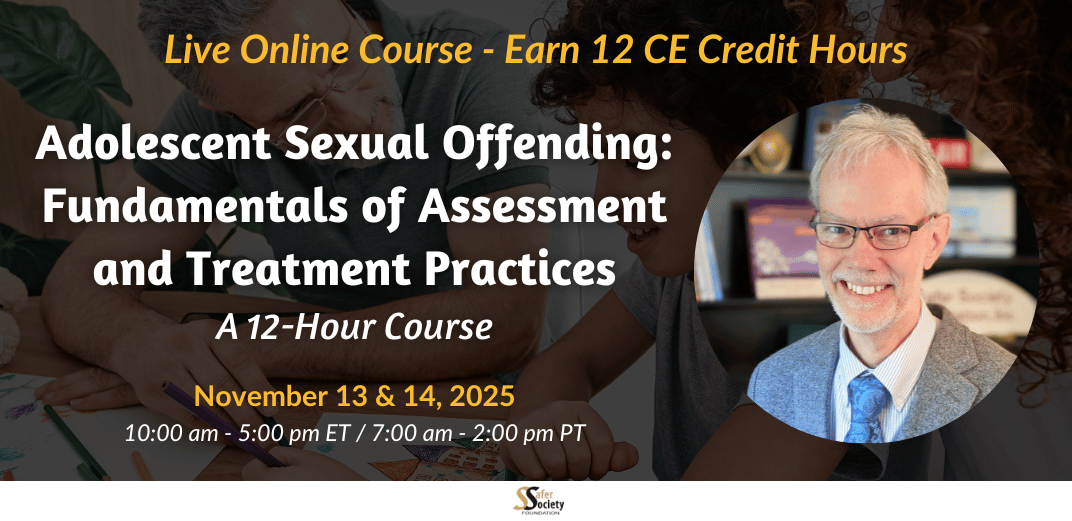Living with Children Evaluations: Assessing Whether Adults with Sexual-Offense Histories Can Safely Live with Children
As with many areas of forensic psychology and the law, living with children (LWC) evaluations pose unique challenges. Whatever their personal viewpoints regarding policy and legislation, evaluators must conform their work product to meet the requirements of the legal systems in which they operate. In conducting these assessments, evaluators must balance best practices in sexual offense risk assessments and modern research on this population with answering the specific questions required by the legal system.
Typically, a forensic evaluator comments on the risk of sexual re-offense by an individual who committed a sexual offense in broad, hypothetical contexts. In LWC evaluations, however, the evaluator must consider the examinee’s risk to a specific child. The specificity of the potential victim adds unique elements, such as potential vulnerabilities for victimization and the non-offending caregiver’s attributes and abilities.
In this training, Dr. Zachary Yeoman examines numerous aspects of LWC evaluations. He provides an overview of the legal contexts in which evaluators operate, helping them navigate areas where psychological science and the law may conflict.

